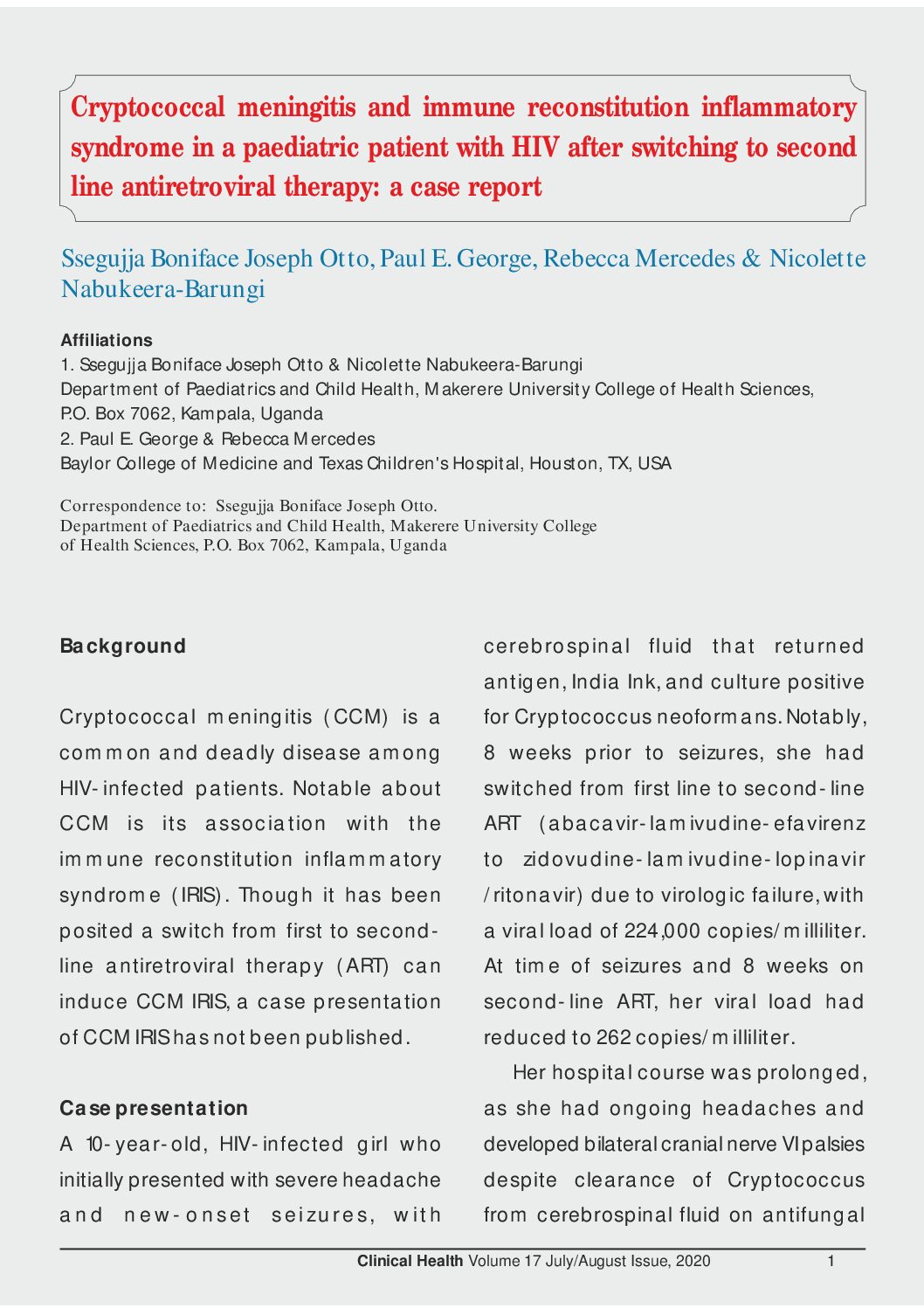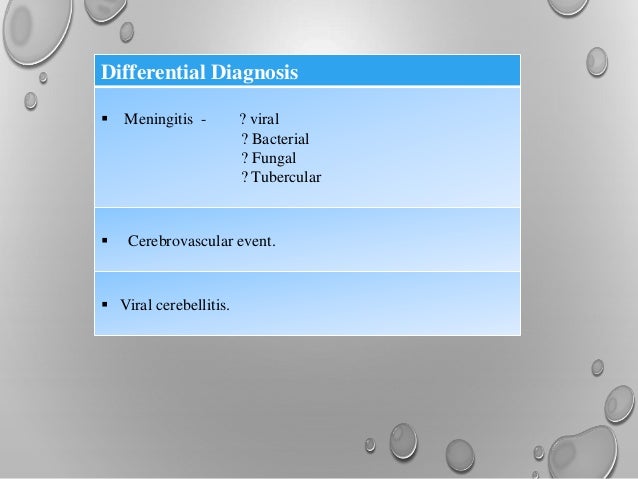

Score of 1–4, which indicates death, vegetative status, severe and moderate disability, was considered “unfavorable” clinical outcomes. The MRI scan, performed on a 1.5 T MRI scanner (Signa GE, Milwaukee, USA), was independently reviewed by radiologists.Īt discharge, the clinical outcome was graded by the Glasgow outcome scale (GOS). In this study, we collected demographic data, major symptoms and signs, findings of routine neuroimaging and laboratory findings.

So that patients without these situations will be regarded as immunocompetent. Besides, T-SPOT, tuberculosis ELISA, AFB stain, culture in CSF were performed to rule out the possibility of tuberculosis.Īs we all know, the following situations that are correlated with immunodeficiency will be excluded: History of autoimmune disorders, long-term glucocorticoids or other immunosuppressive therapies, patients with idiopathic CD4 T-cell lymphopenia, HIV infection, malignant tumor, hepatic cirrhosis, end-stage renal failure or diabetes. The diagnostic criteria for cryptococcal meningitis was based on the clinical features and findings of cerebrospinal fluid (CSF) after lumbar puncture. We retrospectively reviewed 116 patients with CM from January 2003 to June 2019 in the Department of Neurology, Xiangya Hospital, Central South University, China. We sought to conduct a retrospective study to characterize clinical features, laboratory findings, imaging findings and determine potential prognostic factors which predict the outcomes in immunocompetent patients with CM. But most studies about prognostic factors have largely focused on the immunocompromised population, so that clinical characters and prognostic factors of immunocompetent patients are not well analyzed. Some reports revealed that 10–40% of HIV-negative patients with CM have no apparent immune deficiency. However, most patients with CM are immunocompetent in china.

majority of cryptococcosis have occurred in HIV-positive patients, but it is also been found in cases with comorbidities that result in immunosuppression, such as hematological malignancies, solid-organ transplant recipients, and in patients on chronic corticosteroid or other immunosuppressive therapies. The delay in diagnosis and treatment result in a high morbidity and a mortality rate. Impaired consciousness and decreased glucose concentration of CSF were independently prognostic factors which predict the unsatisfactory outcome in immunocompetent patients with CM.Ĭryptococcal meningitis (CM) is the most common type of chronic infectious meningitis caused by Cryptococcus neoformans, the reservoirs of them are mainly pigeon or other bird droppings. Non-parametric test confirmed that unfavorable outcome was associated with lower glucose level of CSF( P = 0.001), and Pearson’s χ2 analysis confirmed that unfavorable outcome was associated with opening pressure of CSF(>300mmH20, P = 0.038), impaired consciousness ( P = 0.001), hydrocephalus( P = 0.045), and Shunt surgery ( P = 0.045), and then multiple logistic regression analysis confirmed that impaired consciousness( P = 0.015) and lower glucose concentration of CSF( P = 0.012) increased the likelihood of unfavorable outcome in CM patients. The clinical outcome was graded by the Glasgow outcome scale (GOS) at discharge, and patients were divided into good (score of 5) and unfavorable (score of 1–4) outcome groups, potential prognostic factors were analyzed. We retrospectively collected and analyzed the demographic and clinical data of 76 apparently immunocompetent patients with cryptococcal meningitis from January 2003 to June 2019 in China. So that we sought to conduct a retrospective study to determine prognostic factors which predict the outcomes in immunocompetent patients with CM. Almost studies about prognostic factors have largely focused on the immunocompromised population rather than immunocompetent patients. Cryptococcal meningitis (CM) is the most common fungal infection of the central nervous system and has high morbidity and mortality.


 0 kommentar(er)
0 kommentar(er)
